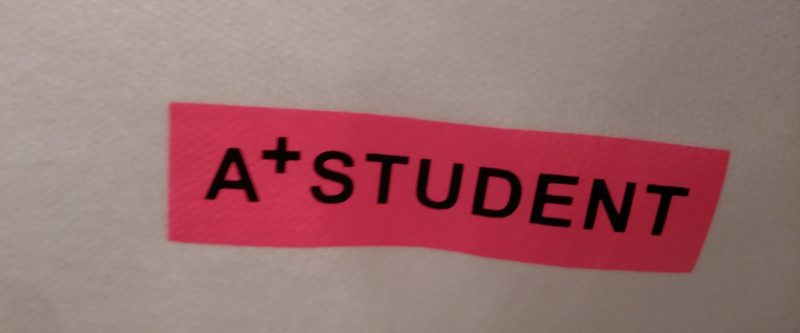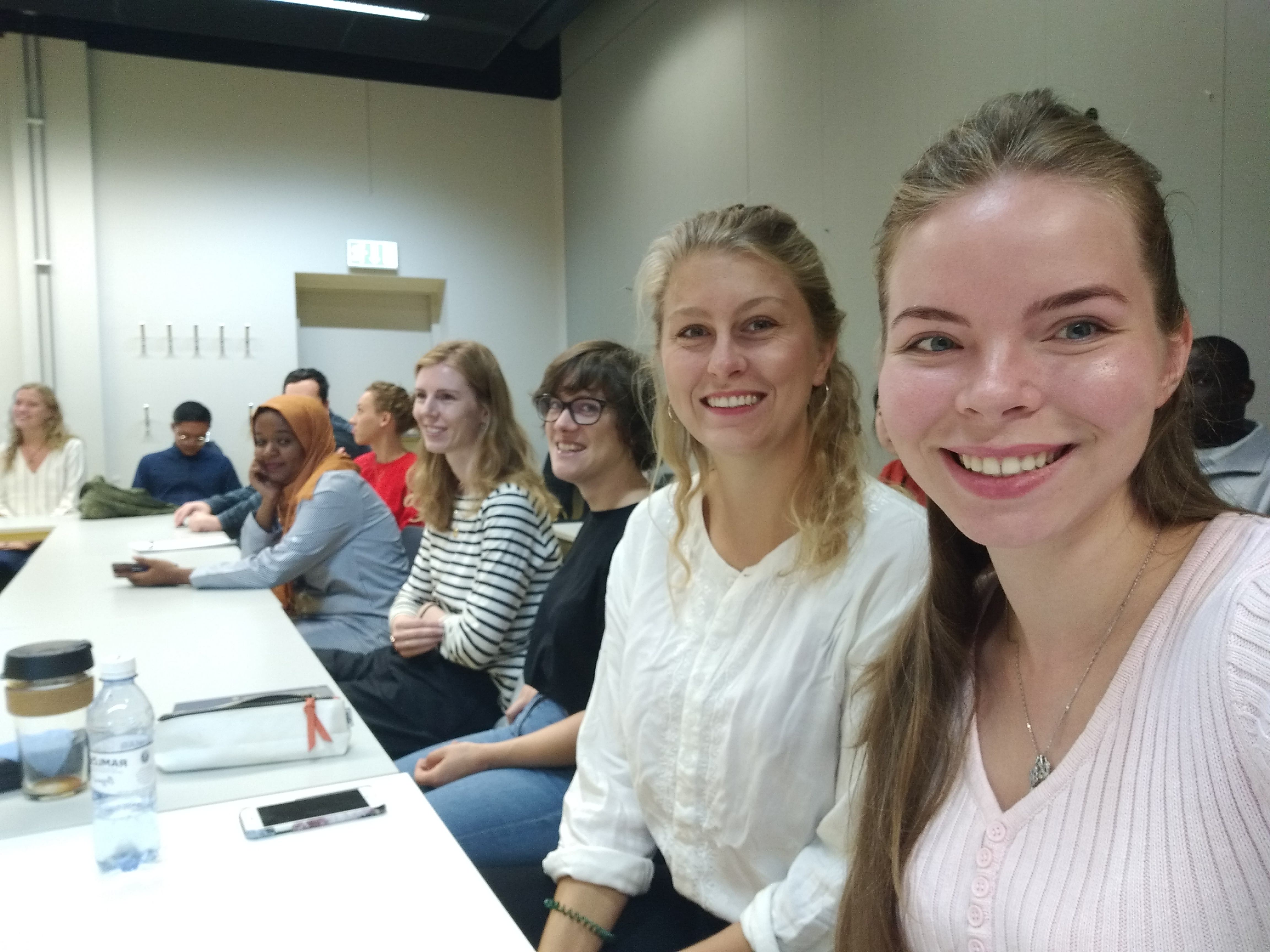
Introduction to Public Health Sciences: course review
Hej! We have started our education at Karolinska Institutet and here are some of my reflections. The first course in the Master’s Programme of Public Health – Epidemiology was Introduction to Public Health Sciences. We are 32 people from 17 countries and we all arrived at KI with different backgrounds. It is quite complicated to begin teaching students who have studied public health, arts and science, medicine, nursing, political science and many other disciplines all together. Therefore, this course is aimed to make sure that each one is on the same level, and to let us get used to studying again.
I have to say that we had a very welcoming start with introducing each other to ourselves and to our teachers. Having fika in Widerströmska house’s hall was a great way to finally meet all of my classmates and mingle with the teachers.

Waiting for the first class with my first friend Marlene
Course Contents:
- This course included lectures about the history of public health and epidemiology, philosophy of science and basic concepts of studying health. Personally, I found the philosophy of science the most difficult part to understand. It is not easy to grasp these concepts, even in your native language, but my brain was burning while reading the those articles.
- Seminars included discussions based on previously read articles.
- Group work was one of the main activities, other than the lectures. We had two group assignments – the first one was aimed to explain philosophical concepts. That one was short but not easy at all! However, I think that our tutors found the best way to these not always exciting topics. The other group assignment was to compare health care systems of different countries. It took way too long for me to learn how to work with multiple databases as I’ve never worked with them before. Another struggle is the group work itself. At my home university we didn’t have group work, so it took a while to adapt to my classmates pace and their way of thinking. Luckily, my group mates were skilled and overall we showed a nice presentation! We saw inequities and disparity in health care and the access to it. This gave us a lot of enthusiasm 😉
- The final exam. In our programme we had a written exam about all of the concepts we learned. It was a hand written only exam. The exam is graded as F (Fail) / G (Pass) / VG (Pass with distinction).
On a side-note, moving to another country is not always easy and I want to thank our course coordinator who made me feel very protected and secure. She checked up on us every day to make sure that everyone was comfortable in our new place.

Mastering skills at Master Programme – a second to relax
If you have any questions, please don’t hesitate to contact me!

0 comments